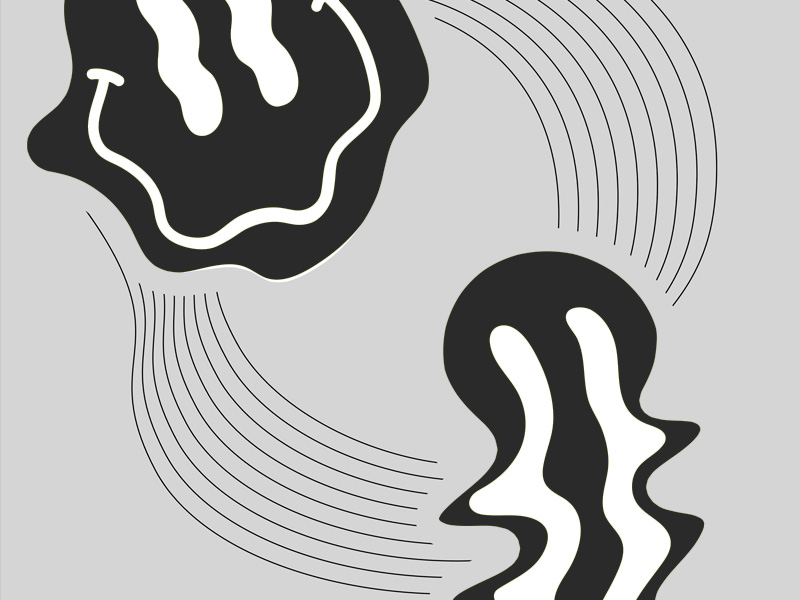Discord uses standard encryption for its platform, website, and app, and this includes messages you send on the app too.
However, what you’re likely referring to is end-to-end encryption, the type used by privacy-oriented apps like Snapchat and Telegram.
No, Discord doesn’t have end-to-end-encryption. And this is, arguably, the most complete form of encryption, and also what most people refer to when asking for “good encryption“.
Unfortunately, Discord doesn’t use the “serious” kind of encryption. Is that bad, though? And how bad is it? Well, I recommend reading through the guide below 😀
What Encryption Does Discord Have?
All Discord messages are encrypted using Hypertext Transfer Protocol Secure (HTTPS), which most websites and apps use today.
It’s…secure enough for most conversations. However, it’s still not end-to-end encryption, making it less secure as a result.
HTTPS encryption is great for platforms that require login credentials because it does a good job of protecting the users’ passwords and usernames.
However, HTTPS is not as good for messaging apps. It’s no longer enough, more specifically.
End-to-end encryption goes one step further than HTTPS and requires an encryption key in order to decrypt the messages.
And that the encryption key is only possessed by the other party. Not even Discord itself has that key. This means that the messages can’t be decrypted during the communication process.
They can only be accessed by unauthorized parties before being sent or after being received, from the sender’s and the receiver’s devices.
End-to-end encryption makes the in-between process completely uncrackable and secure. And regular encryption takes care of the “before” and “after” sending the message.
How Risky Is the Lack of End-the-End Encryption?
Hmm… Not that risky, to be honest. As long as you use common sense in your digital activities, you should be fine.
Here’s what you should and shouldn’t do when online:
- Never visit HTTP websites (only visit HTTPS) ones
- Use an anti-malware tool (like Norton) that can warn you about suspicious links and webpages
- Never risk it – don’t click on links or attachments that you aren’t sure about
- Don’t offer your personal information to people online unless you know them
- Upgrade to Windows 10 or 11 if you’re using Windows 7 (security updates have been discontinued for older Windows versions)
- Don’t download random stuff off the internet without assessing their origin
- Use strong passwords (note them down in case you’re likely to forget them)
- NEVER use the same password for important accounts
If you keep all this in mind, the lack of end-to-end encryption shouldn’t affect you at all (theoretically). It’s still a good idea not to offer private information over Discord chats.
You never know who’s watching behind the curtain. Someone might have access to the chat, after all. Even if it’s not your fault, the person you’re talking to may not be as digitally responsible as you are.
From personal experience, I can say that MOST cases of unauthorized cases occur not because the hacker was THAT good but because the end-user wasn’t careful enough or made a mistake.
The truth is that if you practice common sense, the chance of you being hacked is minimal, almost non-existent.
So…What now?
Well, I won’t say that you shouldn’t use Discord. To be honest, for a responsible user who’s aware of the risks, the lack of end-to-end encryption isn’t a big issue.
I use Discord daily, and I’ve had zero problems. None of my personal info has been leaked or anything like that.
But that’s because I know how to navigate the internet—what to click on, what to avoid, which links look suspicious, where to post my personal info, and so on.
I wouldn’t worry if I were you. Keep using Discord!
Got any questions? Leave a comment below, and I’ll do my best to help you 😀




